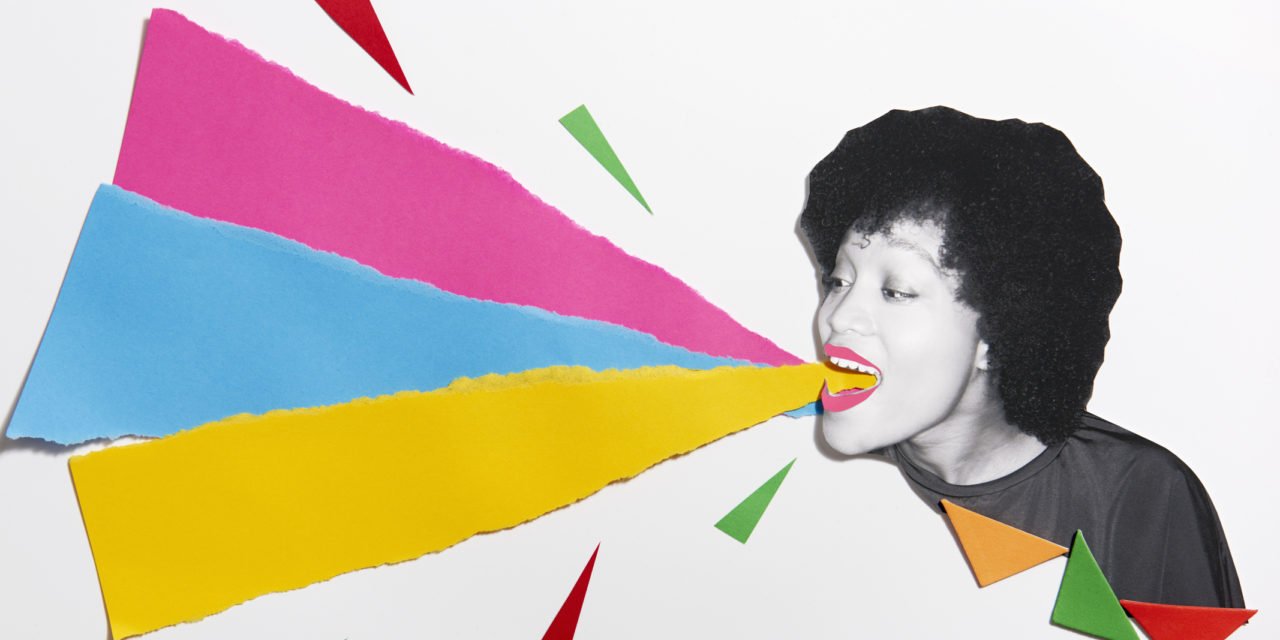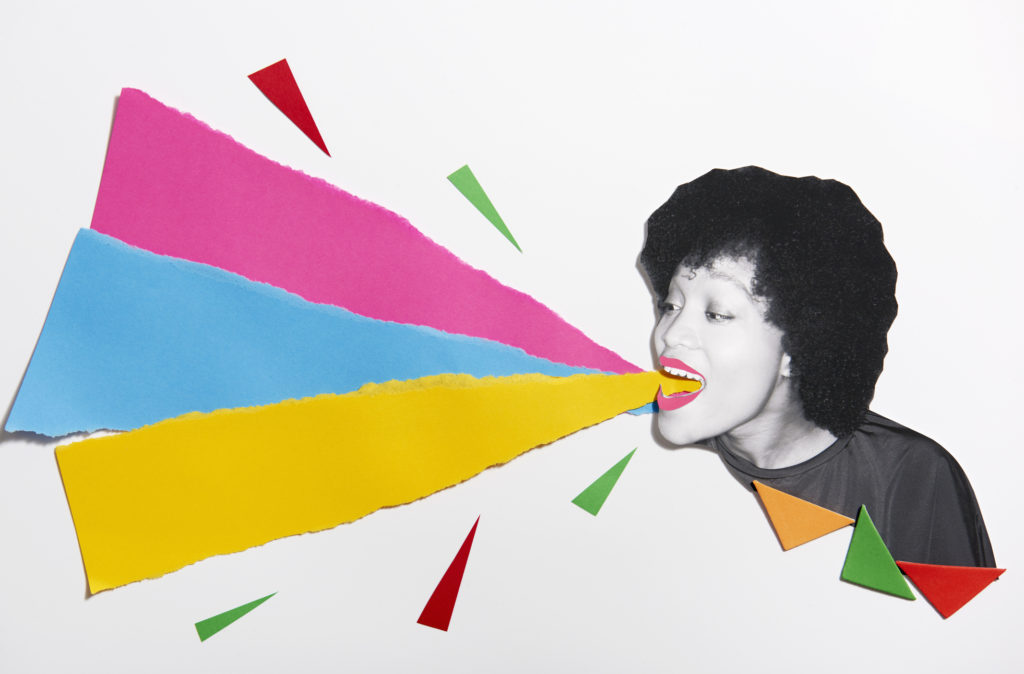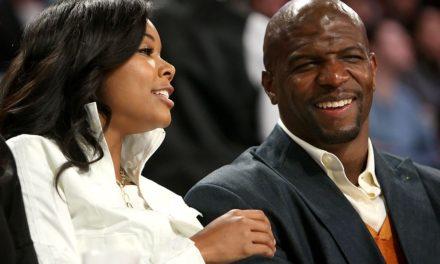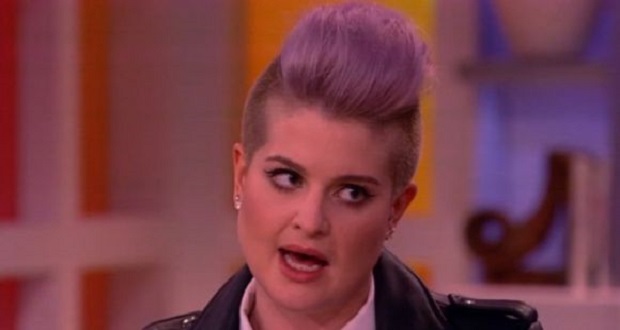I am sure you have heard the old adage, “Sticks and stones may break my bones, but words will never hurt me.” For years I used this as my mantra to navigate the world and all that would come with moving from childhood to adulthood. However, I must be honest: no matter how often I used or thought about this statement, I never fully believed it. I think I just tricked myself into believing I did. As an adult I have asked myself, “Why do words hurt so much? I mean, they are just letters placed together.”
The reality is: There is power in language. If that were not true, nations would not have an official one, wars may have never existed, and the evolution of societal change would not have been possible. Words matter.
Why do words hurt so much? There is power in language. If that weren't true, nations would not have an official one, wars may have never existed, and the evolution of societal change would not have been possible. Click To TweetI like to think of language and words in the context of the three “Es”: language explains, expresses, and emotes. Think of all the scholarship, the array of art forms and the feelings we have all witnessed through the power of language. A few weeks ago, I had a great conversation with a new friend about how words have power across all identities and cultural backgrounds. So, knowing this, let’s use language to empower.
A study that was published in the journal Nature Communications in 2020 that was carried out by researchers at Queen’s University in Ontario, Canada, has suggested that an average person generates more than 6,000 thoughts per day. Can you imagine how many words that entails? Our brain could not possibly funnel all of those words, so it makes shortcuts.
As the brain sorts through what is relevant for the moment and what is not, when you notice language appearing in your thoughts, take a moment to reflect on whether the words themselves are empowering. When you think about yourself and others, what words do you use to explain, describe and/or introduce? How do you think this affects others or even you subconsciously? Does it describe you or others in a positive light? Do the words describe you as a number or an object versus the awesome person(s) you are? I am not asking you to become a linguist today (or ever), but I am encouraging you to consider the terminology you use about yourself and others to prevent “othering” and foster inclusive conversation.
When you think about yourself and others, what words do you use to explain, describe and/or introduce? How do you think this affects others or even you? Does it describe you or others in a positive light? Click To TweetIn addition to the use of empowering language, language diversity is such an incredible thread in our fabric of society. I have been fortunate to travel around the world and to take in the beautiful array of languages in most of my experiences. Language diversity strengthens cultural heritage and creates such a sweet recipe for robust and fruitful exchange, as well as explorative communication. When we become open to language diversity, it opens up the world, truly.
Language diversity strengthens cultural heritage and creates such a sweet recipe for robust and fruitful exchange, as well as explorative communication. When we become open to language diversity, it opens up the world. Click To TweetAs our globe continues to return to a sense of comfort and normalcy, explore learning some of the basics of the language of a place you plan to or desire to visit if it is different from the one you speak. It will not only offer a new adventure, but studies have shown it has a myriad of positive effects on the brain. Sounds like a win-win to me.
Language is beautiful and truly is a force to guide culture all over the world. Let’s take time to learn more about other languages and empower ourselves and others with using our own to foster inclusion. Just like luggage one takes on a trip, handle language with care.




















